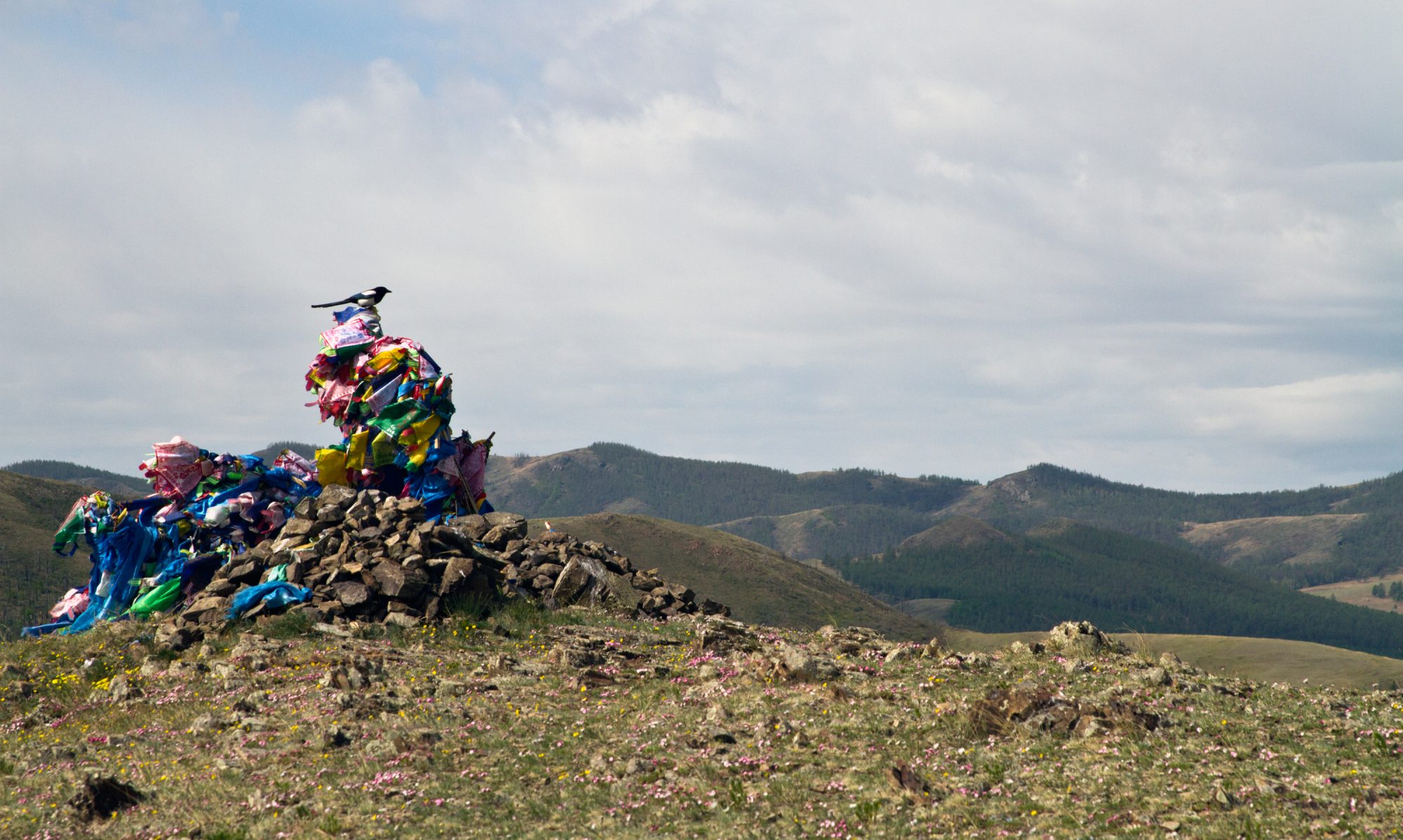Two roommates were avoiding each other. One would come, the other would leave. It was month four in a six month lease. One night noise outside brought them both to a window.
They watched, straining their eyes. The noise ceased. One turned the corner to get a glass of water. The sink was full.
Can’t you wash your dishes?
You told me not to run the dishwasher until there was enough for a load.
I can’t even live here anymore. This is rotting, not living.
They couldn’t talk without an intermediary. The involuntary: the coughs, the shuffling, clearing the throat, slouching; became intolerable.
Once he came home late, stomping. He beat his head against the wall. He screamed Stupid, blind. He pounded the washer, he spun in place and struck himself on the chest and head. He shouted: Virgin forever.
Glass was smashed and other damage done in the basement hallway that night. Next morning, the debris was neatly piled up in the shower. They hadn’t talked since.
Coming out from the kitchen, he saw the other in a bathrobe. It hung open, and his gaze wandered down; he scowled in disgust and they turned away from each other.
Then they met in his office. No bathrobe, no slouching. We should get together sometime. Yes, definitely. You’re looking well. No, I’ve been gaining weight.
I have to get back to work. I have to go.
He spun his chair back to the window, he turned the corner to the stairwell.
